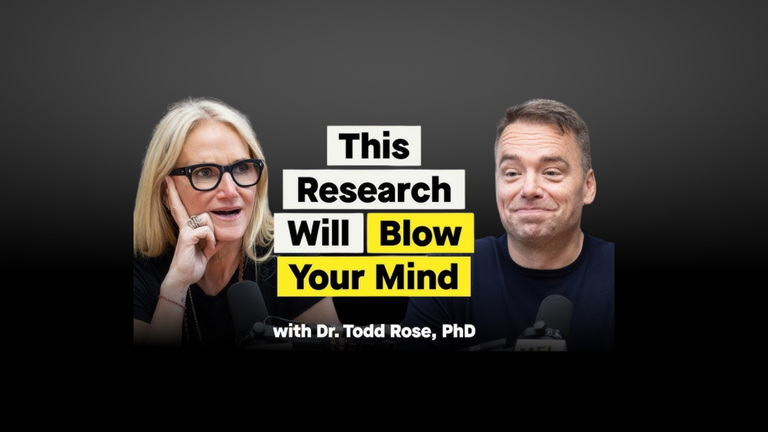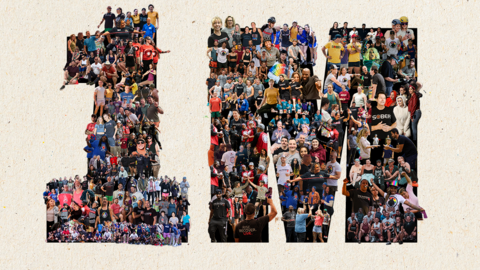“Why is everyone so far apart?”
New York Times bestselling author and personal growth expert Mel Robbins posed that question on a recent episode of her podcast that featured Populace Co-Founder and CEO, and Stand Together board member, Todd Rose. (Populace is a think tank that collects and deploys data to provide people with the opportunity to pursue fulfilling lives.)
Even though it feels like Americans don’t agree on much, Robbins declared, “Here is what I choose to believe: that we want the same things for ourselves and our families. I believe that we define success in largely the same way.”
Populace research shows Robbins is right: despite what the headlines and social media suggest, Americans are not as divided as we think. Most people want to be a good person, live with integrity, and make a positive impact. But we’re caught in a collective illusion where the loudest voices dominate much of the public conversation.
The episode explored how the world would be a better place if people were more authentic.
What Is Collective Illusion?
Rose and Populace have analyzed the largest dataset ever collected on what people actually want in life based not on what they share publicly, but what they admit privately — when they are more likely to tell the truth.
During the discussion, Rose offered new Populace research that showed Robbins is correct — that, in many ways, polarization is a collective illusion.
Collective illusion refers to a phenomenon where most people in a group go along with what they think the group wants even though their assessment of what the group prefers is incorrect. Rose offered Robbins an example: many college students think their peers regularly engage in binge drinking when research shows young people are skeptical of drinking to excess.
Throughout history, the number of collective illusions was relatively low, but in the age of social media it has “exploded,” explained Rose. “Your brain assumes the loudest voices, repeated the most, are the majority even when you know it’s not true.”
Being Authentic Can Reduce Polarization
Self-silencing also plays a role in increased polarization.
“Let’s say 10% of people hold some view, but you think it’s 80%,” explained Rose. “Unless you are willing to override that [deficit] and go against what you think your group believes … you end up self-silencing. You say nothing or, worse, you start saying what you think people want to hear so you can be part of the group. When enough people self-silence, the only people left are the people on the fringes.”
The episode also explores:
- How to determine what your true values are.
- How openness to others and human dignity are intertwined.
- Finding meaning and fulfillment through helping others and your community.
- Americans’ collective power to make the world a better place by being who they are and living their values.



